Marjoram (Origanum majorana and Marjorana hortensis), also known as sweet oregano, is very popular as an alternative to traditional medicine thanks to its ability to heal bruises, tonsillitis and be a natural disinfectant.
The leaves and flowers of marjoram, which are white or pink-red in color, are used for human benefit. Characteristic of the Mediterranean region, marjoram has a very specific aroma that cannot be mistaken. Experts warn that the use of this herb for therapeutic purposes should be avoided by pregnant and breastfeeding women.
The aromatic herb and spice has proven properties in herbal tea form with its antifungal and antibacterial effects. It is also used to prevent flatulence (gas), bloating, anxiety, liver disease, gallstones and more. Some use the medicinal properties of marjoram for runny noses and colds in infants and young children, also for irritating coughs, swelling of the nose and throat, as well as for earaches.
The herb is very effective for use in premenstrual syndrome - painful menstruation, mood swings, as well as symptoms caused by the onset of menopause and menopause. The application of the aromatic spice gives positive results in stagnation of breast milk for its promotion.
We can't skip to mention the beneficial action of improving blood circulation, which favors the maintenance of a healthy cardiovascular system.
Marjoram health benefits apply to lung inflammation and chest pain, as well as headaches and insomnia. Externally, it is used in the form of an essential oil for muscle pain, to relieve tension in the joints and can be of great benefit in cases of arthritis. It is applied directly to the skin in case of hemorrhaging (bruises), as well as in case of frostbite in individual parts of the body.
Because of its pleasant aroma, marjoram has been used for centuries in various dishes as well as to flavor drinks. And in cosmetic production, it is used as a flavoring ingredient in soaps and cosmetics.
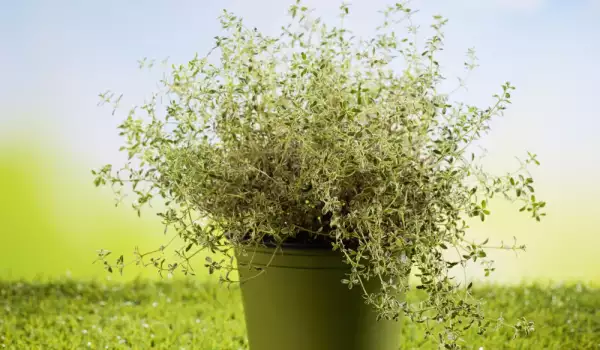
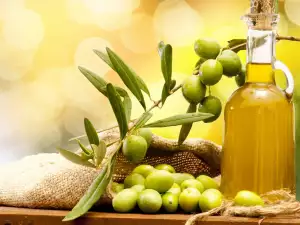


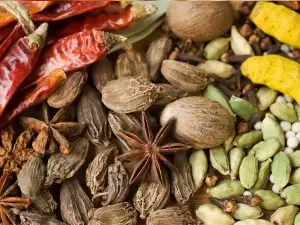
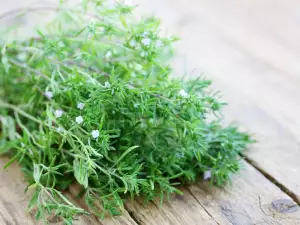
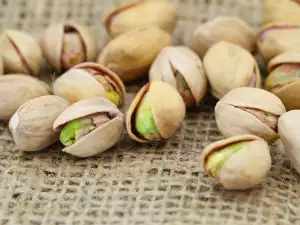

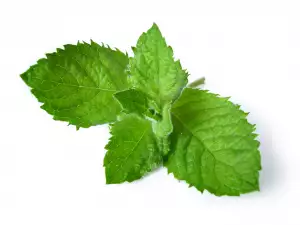

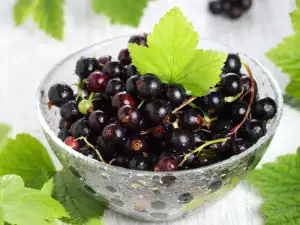
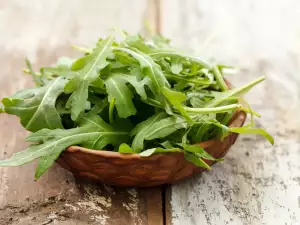
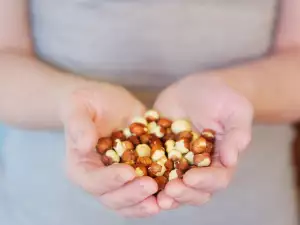
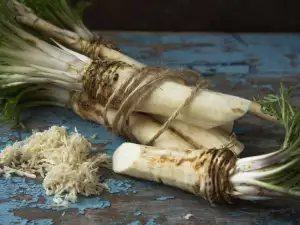




Comments